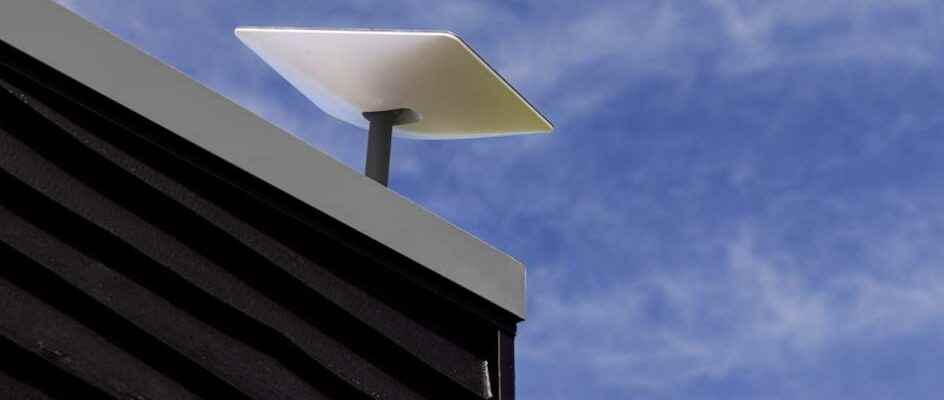It’s a beautiful imbroglio that we have been witnessing since last week about Starlink. The Council of State canceled Arcep’s decision to allocate two frequency bands to the satellite Internet access service on February 18, 2021. The authority is criticized for not having carried out a prior consultation public. Arcep therefore opened a disaster last Friday.
Contributions will be collected until May 9, 6 p.m. They will then be made public. The telecoms policeman reserves the right to take a new decision or not, depending on what has been brought to his attention. In the meantime, Starlink subscribers continue to access the service without issue.
Can Arcep change its mind?
What could threaten the existence of Starlink in France? To justify its intervention, the Council of State invoked the idea that its arrival could have possible effects on the market for the provision of broadband Internet access and on users. But Arcep has already answered this question. The authority considers, on the contrary, that the authorization granted to Sarlink was not likely to disturb the market or the interests of subscribers. “The frequency band considered allows multiple satellite players to coexist, without causing a frequency scarcity phenomenon”, justifies Arcep in its press release. It would be surprising if she changed her mind about this.
This is not the only sticking point. The Council of State was seized by the environmental associations Priartem and Agir pour l’environnement. They criticize Arcep for not having carried out a health and environmental assessment. On the health side, things have little chance of succeeding. The ANFR has indeed carried out studies and communicated on the measurements carried out on the Starlink kits. “The levels measured inside and outside the beam at different distances from the antenna show that they are below the regulatory limit value, set at 61 V/m for the frequency bands concerned”. There is therefore no proven danger to health.
A question of principle
There remains the aesthetic pollution of the starry sky because of the presence of numerous satellites. “With several constellation projects numbering tens of thousands of satellites making observation of the starry sky impossible while making space an aspiring dustbin for space junk, there is an urgent need for international regulations to make starry skies a world heritage of Humanity, preserved from the appetites of FarWeb actors”can we read in the joint press release of the two associations.
Also see video:
The fact of withdrawing a posteriori the right to issue to Starklink in France will not change the situation now that its satellites are launched. It is therefore unlikely that this argument will be accepted.
But it is possible that these two associations initiated this procedure mainly for a matter of principle. “The public authorities believe that the environmental and health assessment is at best an obligatory step, at worst a procedural concession that we can do without. It is as long as the public authorities stop pushing through on such a subject and finally accept the necessary public debate”, observes Priartem.
